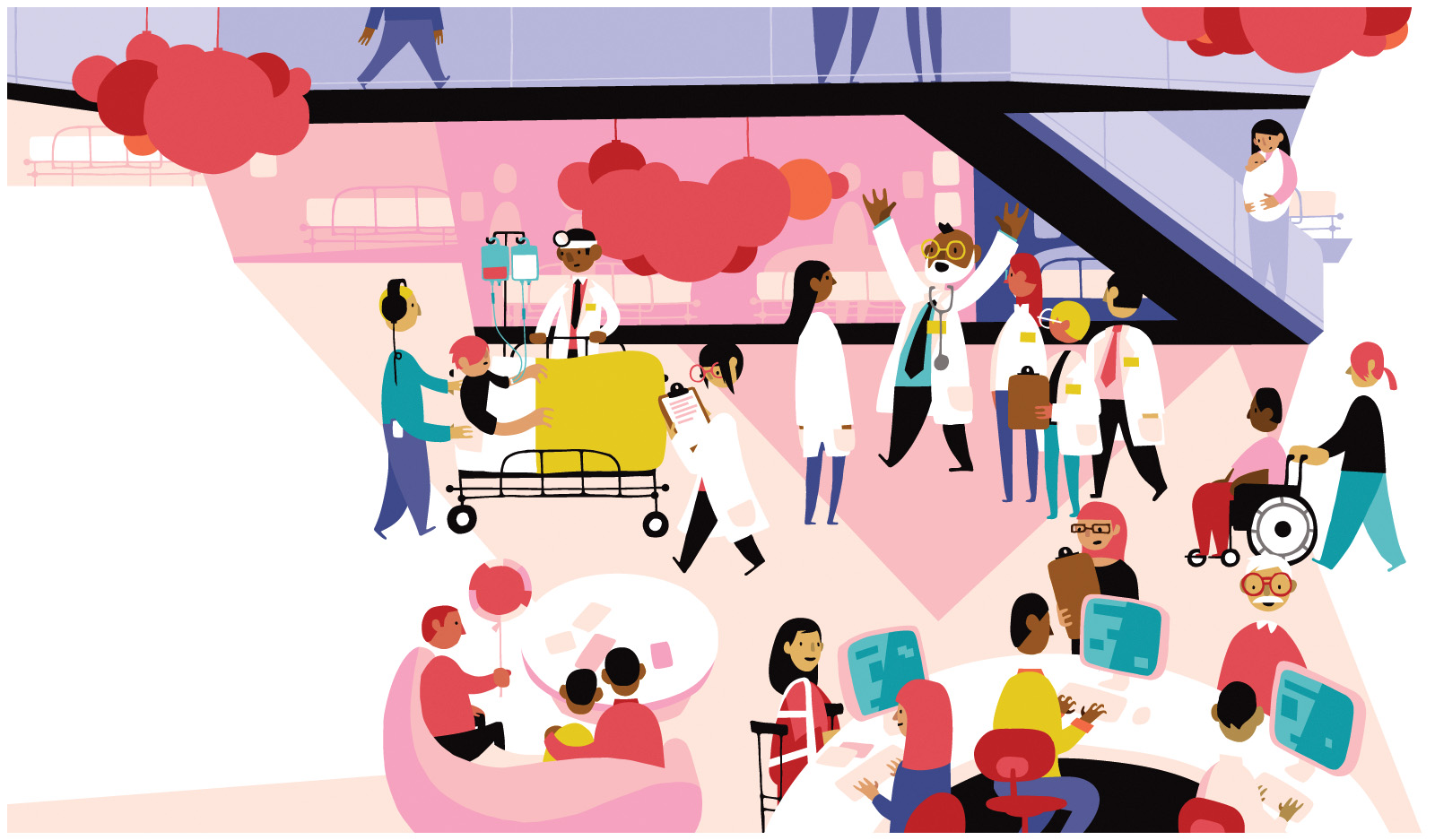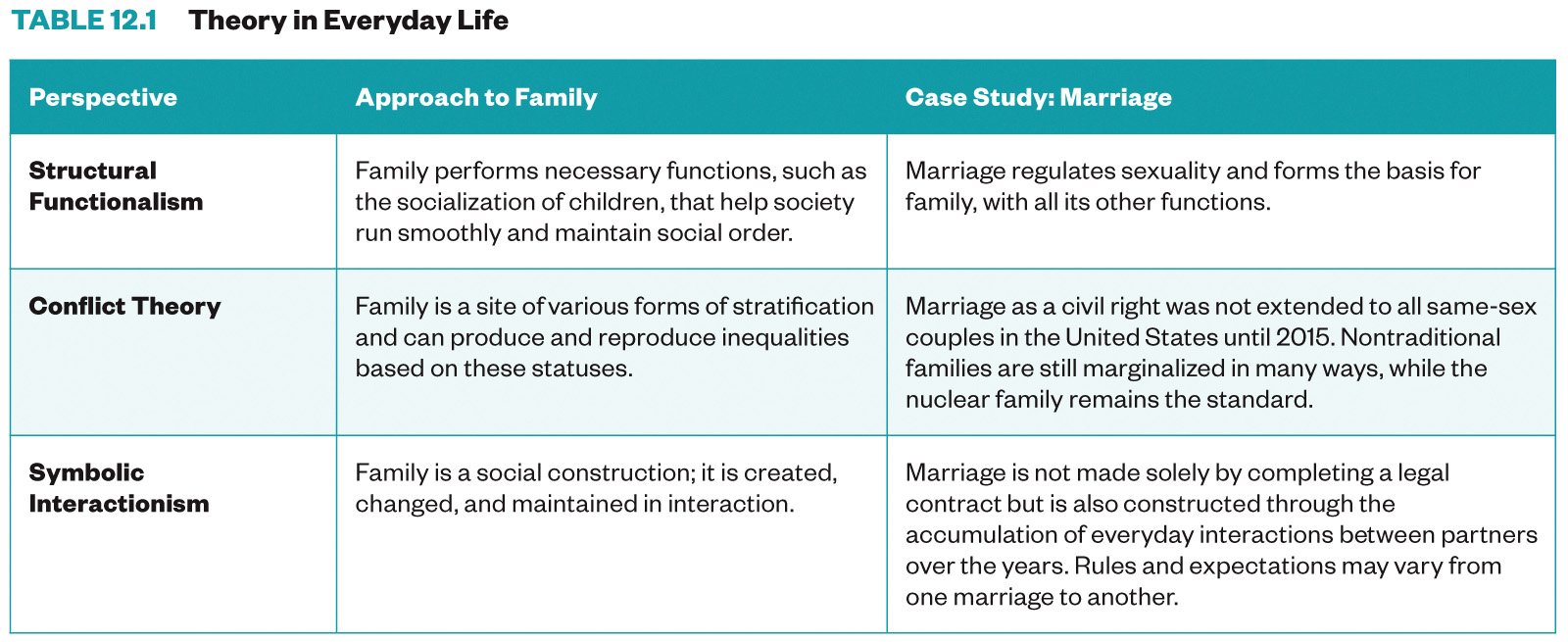
Health¶
Health and illness are constants of human existence, a natural part of having a physical body that is subject to injury, disease, aging, and death. Health and illness are not just physical states—they also include aspects of our mental well-being and are influenced by shifting cultural beliefs about what is ideal and desirable. As a society, we have established the social institution of medicine to address the challenges of our physical existence. Sociologists ask you to consider how larger social forces help shape this institution and your own embodied experience of health or illness.
Learning Objectives¶
By the end of this lesson, you will be able to:
Understand the difference between the cultural meaning of illness, the social construction of illness, and the social construction of medical knowledge.
Apply functionalist, conflict theorist, and interactionist perspectives to health issues.
Analzye patterns in educational inequalities in health.
Deadlines¶
Be sure to hand these in before the deadline
[InQuizitive Chapter Set 12](https://sakai.unc.edu/x/AQpAl7 (Thursday at 9:30am)
[Health Case Study) (Sunday at 10:00pm)
Questions¶
If you have any questions at all about what you are supposed to do on this lesson, please remember I am here to help. Reach out any time so I can support your success.
Post it in the Slack #questions channel!
Signup for virtual office hours!
Email me or your TA.
Lesson Keywords¶
medicalization
epidemiology
food desert
social determinants of health
deprivation amplification
cultural competence
sick role
absolute and relative income hypotheses
life expectancy at birth by race and gender


